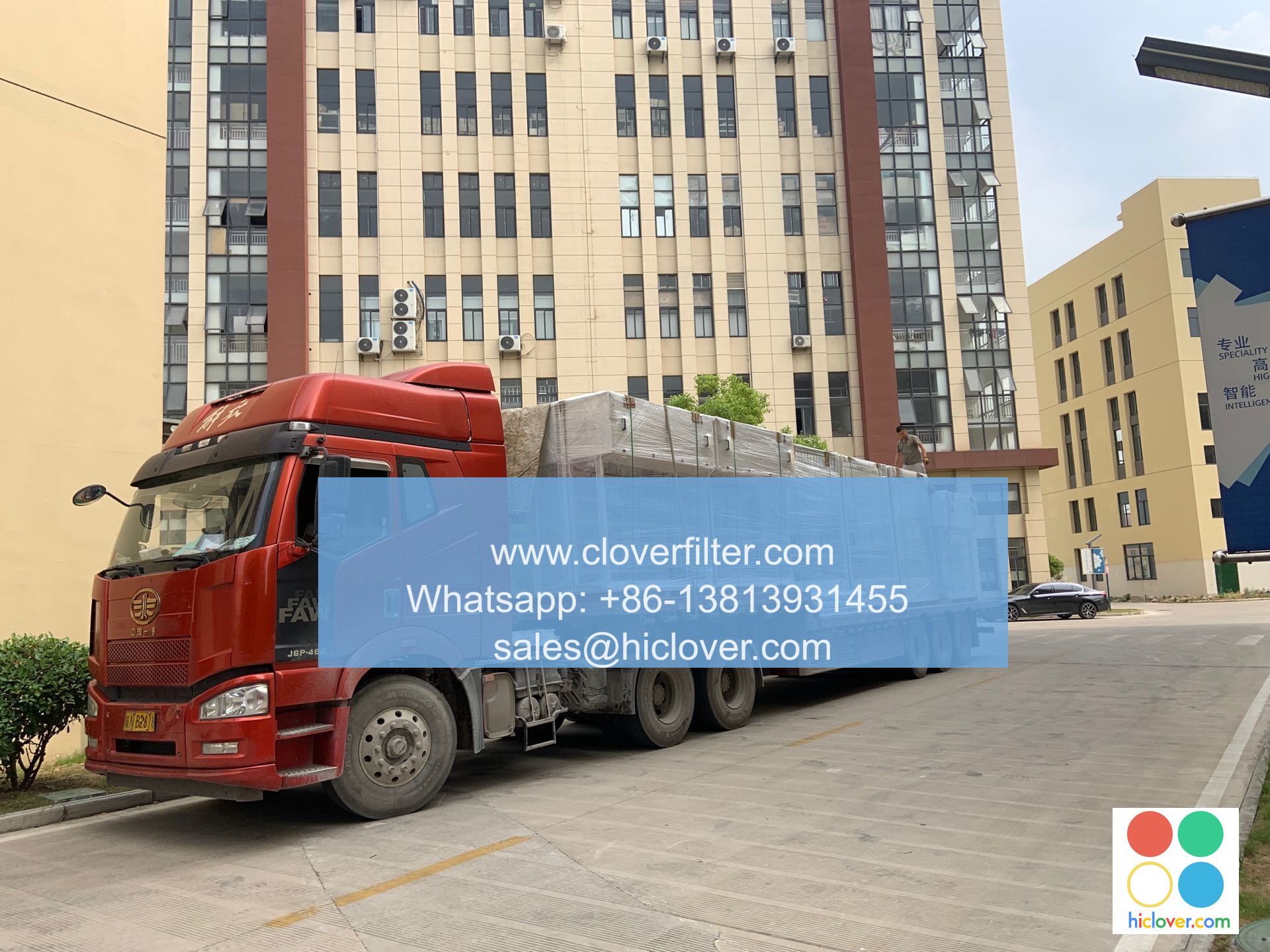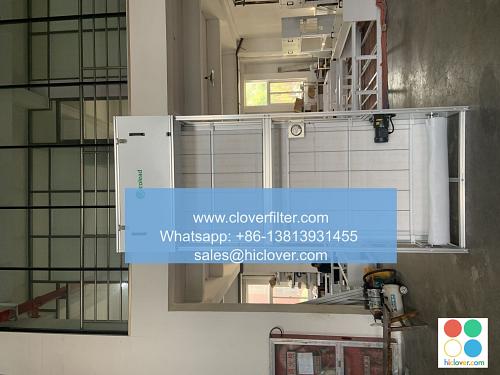The Role of Air Filter Software in Pharmaceutical Manufacturing

The pharmaceutical industry is a highly regulated and sensitive sector that requires meticulous attention to detail to ensure the quality and safety of its products. One crucial aspect of pharmaceutical manufacturing is the control of airborne contaminants, which can have a significant impact on the final product. This is where air filter software comes into play, playing a vital role in maintaining the integrity of the manufacturing process. In this article, we will explore the importance of cleanroom management, air quality monitoring, and filtration systems in pharmaceutical manufacturing, and how air filter software can optimize these processes.
Regulatory Compliance and Airborne Contamination Control
Pharmaceutical manufacturers must adhere to strict regulations, such as those set by the FDA and EU GMP, to ensure the quality and safety of their products. Airborne contamination is a significant concern, as it can lead to product recalls, financial losses, and damage to a company’s reputation. Air filter software can help manufacturers comply with regulatory requirements by monitoring and controlling airborne contaminants, such as particles, microorganisms, and vapors. By integrating cleanroom management and air quality monitoring systems, manufacturers can ensure that their facilities meet the required standards for ISO 14644 and EU GMP certification.
Application Areas of Air Filter Software
Air filter software has various application areas in pharmaceutical manufacturing, including:
* Filter selection and sizing: Air filter software can help manufacturers select the most suitable filters for their specific applications, taking into account factors such as airflow rates, pressure drops, and filter efficiency.
* Filter maintenance and replacement: Air filter software can schedule and track filter maintenance and replacement, ensuring that filters are changed before they become clogged or compromised.
* Air quality monitoring: Air filter software can integrate with air quality monitoring systems to provide real-time data on airborne contaminants, allowing manufacturers to take prompt action to address any issues.
* Energy management: Air filter software can help manufacturers optimize their heating, ventilation, and air conditioning (HVAC) systems, reducing energy consumption and costs.
Benefits of Air Filter Software in Pharmaceutical Manufacturing
The implementation of air filter software in pharmaceutical manufacturing can bring numerous benefits, including:
* Improved product quality: By controlling airborne contaminants, manufacturers can ensure that their products meet the required quality standards.
* Increased efficiency: Air filter software can help manufacturers optimize their processes, reducing downtime and increasing productivity.
* Cost savings: By reducing energy consumption and minimizing waste, manufacturers can save costs and improve their bottom line.
* Regulatory compliance: Air filter software can help manufacturers comply with regulatory requirements, reducing the risk of non-compliance and associated penalties.
Conclusion
In conclusion, air filter software plays a critical role in pharmaceutical manufacturing, enabling manufacturers to control airborne contaminants, optimize their processes, and ensure regulatory compliance. By integrating cleanroom management, air quality monitoring, and filtration systems, manufacturers can ensure the quality and safety of their products, while also reducing costs and improving efficiency. As the pharmaceutical industry continues to evolve, the importance of air filter software will only continue to grow, highlighting the need for manufacturers to invest in this technology to remain competitive and compliant. You haven’t provided a question or topic for me to assist with. Please provide more context or information so I can better understand how to help you. What would you like to talk about or ask?

